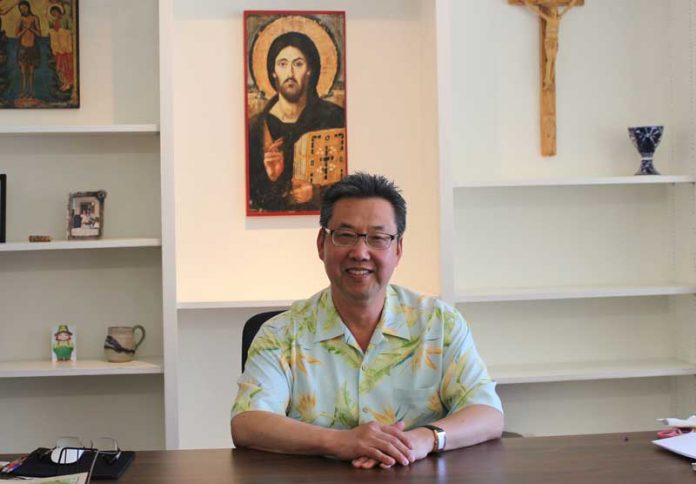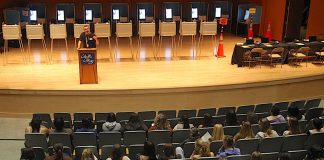We are living in an unprecedented time of change and upheaval. Every night when I turn on the evening news, you would think the world is going to hell in a handbasket. In the backdrop of global pandemic that is not abating, wildfires are ravaging through the western states, severe drought is making it unsustainable for some farmers to continue their generations of farming, floods and hurricanes deluging eastern and southern states, more unstable and volatile weather patterns plaguing our planet, increase in number of migratory movement of people because it’s impossible to live where they are, crisis at the border … Do I need to go on with the list?
How did we lose our sense of living here on Earth?
How did we become so alienated and estranged from everything else alive?
How did we get convinced that we’re the only species worthy of extending the sacred to?
How can we find our way back?
At this particular juncture in time, there’s a real sense of uncertainty about where humanity is going. From my perspective, all this is happening because humanity has lost its way from God’s vision for the world. There is a battle for the soul of humanity going on between the “Kingdom of God” and the “Kingdom of Caesar.” The 15th century Spanish mystic, St. Ignatius of Loyola, described the root of human discontent, dis-ease, and problems as “Being out of an alignment with God’s deepest desire for your life.”
John O’Donohue (1956-2008), the late Irish poet-philosopher, wrote a book, Anam Cara (“Soul Friend”). The book delves into deep insights into the heart of Ireland’s Celtic spirituality. Ireland is known to be a place of many “thin places” where people experience transcendence and living spirit in things and places. He wrote, “The modern disease stems from humans who have lost connection to the earth and the lives of people no longer guided by the rhythm of nature.”
John O’Donohue was very concerned with the advent of technological explosion, ever more increasing dependency on technology and becoming overly wired up-to-kazoo. He witnessed how humans are losing their way in life. He argues, in the past, people got their inner cues from being in touch with the natural rhythm of nature, earth, and our own heartbeats. The urgent question for our time is “How can we reconnect ourselves to the earth and return to the natural rhythm of the earth again instead of getting our cues from the electronic world?”
We now have a new vocabulary, “Screen Addiction”, which is creating a potent new source of stress for people. Many people wake up and immediately look at their smartphones and check their email or social media. Then they remain glued to their phones throughout the day, staring at them while they eat, sit at their desks, socialize and lie in bed at night.
Studies have linked constant exposure to screen time and social media to a spike in anxiety, depression and other mental health issues, especially in adolescents and young adults. I’m not pro or anti-technology, but I think for many of us we’re using it in ways that are harming us.
It’s already having deadly consequences, especially to our young. In South Korea, there is an explosion of popularity of internet cafes in the basements of shops. It made the headlines when they found three dead young kids in the internet dungeon who starved themselves for several days playing internet video games. They were so engrossed playing video games that they didn’t notice that they were dying of dehydration and hunger.
When I was traveling through the Midwest a few years ago, I met a wise woman, an icon artist from Wisconsin. As we were having a conversation around things that are plaguing our modern world, she told me, “We all need to slow down, breathe, and grow a garden in a little patch of land which should be given to everyone.”
I think we all need to take frequent screen breaks, practice spirituality of unplugging, and reconnect with nature and the earth. Maybe then we can move together towards saving this one and only precious planet that we call home.
Rev. John Juno Song is the pastor of Watsonville First United Methodist Church. For information visit, watsonville1stumc.org, call 831-724-4434 or email of****@***************mc.org.









